5 Businesses Shark Tank Rejected That Went On to Make Millions (And 5 Bad Investments They Should Have Never Made)
Not every Shark Tank deal turns into a millionaire-maker, and not every “no” was a smart move. Over the years, the Sharks have passed on some future giants and thrown money at products that went nowhere fast. With millions on the line, even seasoned investors miss.
Here are the top pitches that became successful after rejection—and those that went spectacularly off the rails, despite a Shark backing them.
Kodiak Cakes
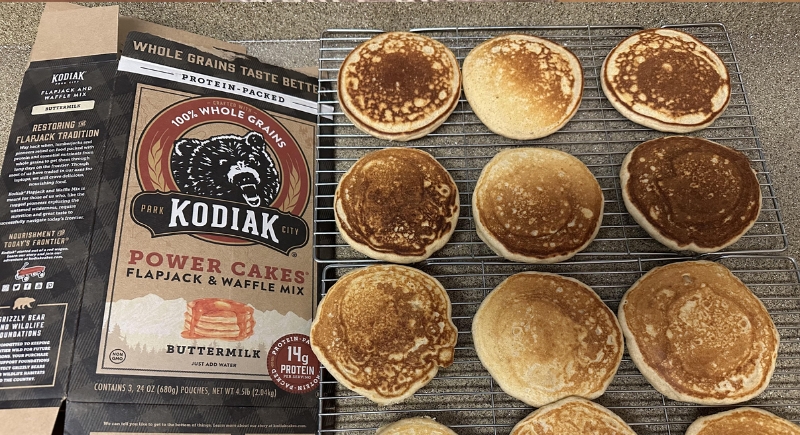
Credit: Reddit
Too niche, they said. But the all-natural pancake mix brand turned out to be a grocery aisle juggernaut. Kodiak Cakes now moves millions of boxes a year. The Sharks passed in Season 5. Their kids probably eat the stuff now.
Bombas
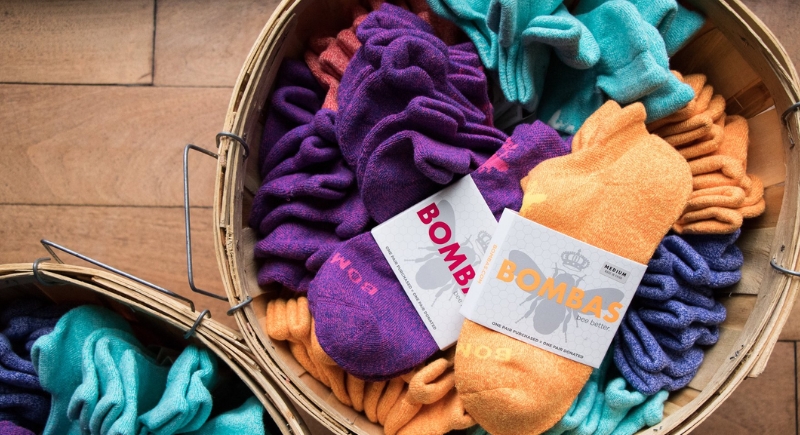
Credit: Facebook
Most Sharks passed on Bombas’ mission to make better socks and give a pair away for every one sold. Daymond John took the risk, and it paid off. With over $225 million in sales and millions donated, Bombas is one of the show’s biggest success stories.
The Bouqs Company
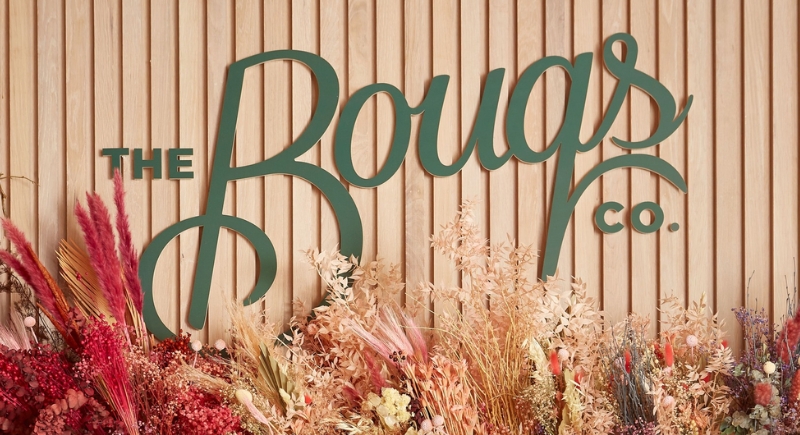
Credit: Facebook
Farm-fresh flowers, direct from the source? The Sharks didn’t bite. But Robert Herjavec later circled back off-camera and invested. Bouqs has since blossomed into a $100+ million business. It just goes to show that sometimes the right deal needs a little longer to take root.
Coffee Meets Bagel
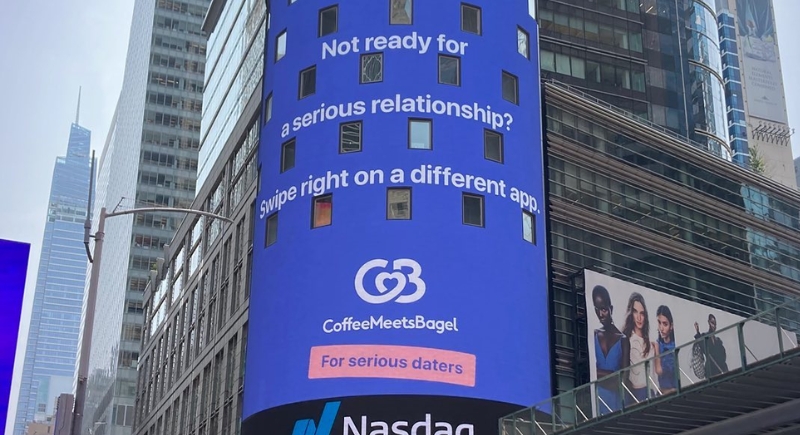
Credit: Instagram
Mark Cuban offered to buy Coffee Meets Bagel for $30 million during their “Shark Tank” pitch, but the Kang sisters turned him down on the spot. Instead of taking the deal, they chose to grow the business on their own terms. That decision paid off—they later raised over $23 million in funding and turned the app into a widely recognized platform for daters who prefer meaningful conversations before meeting in person.
Drop Stop
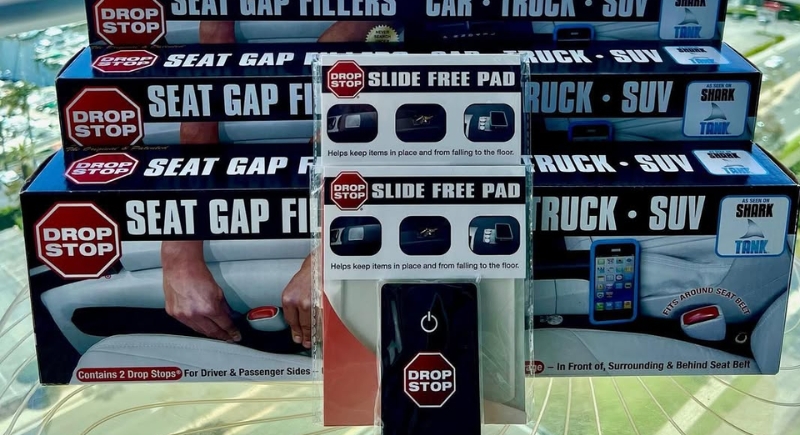
Credit: Instagram
It solves a problem everyone has but no one talks about—stuff slipping between your car seat and console. Lori Greiner saw the genius. The other Sharks didn’t. Since its airing, Drop Stop has racked up over $24 million in sales. Apparently, crumbs and phones equal a million-dollar market.
BedJet
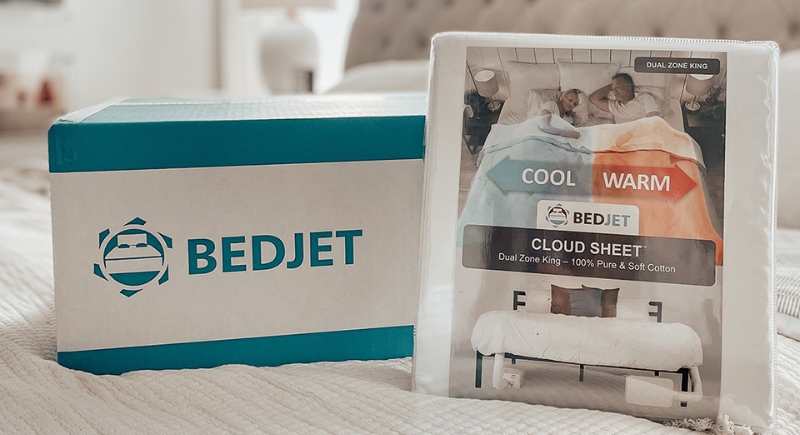
Credit: Instagram
A climate control system for your bed sounded too weird for the Sharks—some even laughed. But founder Mark Aramli knew his market. Today, BedJet is a multi-million dollar brand with a loyal fan base and rave reviews. People do want temperature control at 2 a.m.
Chef Big Shake
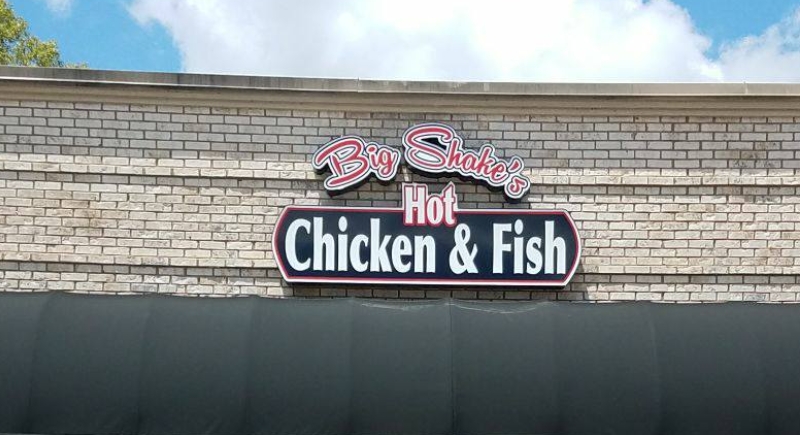
Credit: Facebook
Shawn Davis offered seafood burgers and Southern hustle. The Sharks passed. Outside investors didn’t. With $500K from angel funders, Chef Big Shake hit grocery shelves and launched a franchise. It’s not every day you see rejection turn into retail success.
Breathometer
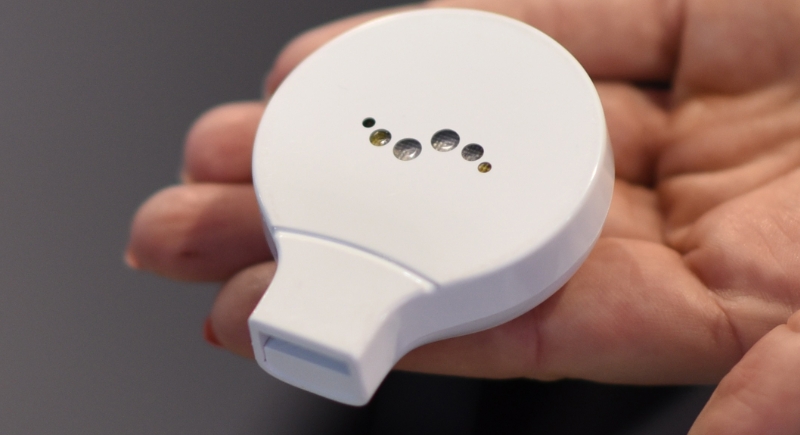
Credit: Wikipedia
A breathalyzer that worked with your phone sounded slick—until the FTC stepped in. Accuracy issues, poor customer support, and unmet promises sank the business. All five Sharks were in for $1 million. In the end, the only thing it measured reliably was investor regret.
ToyGaroo
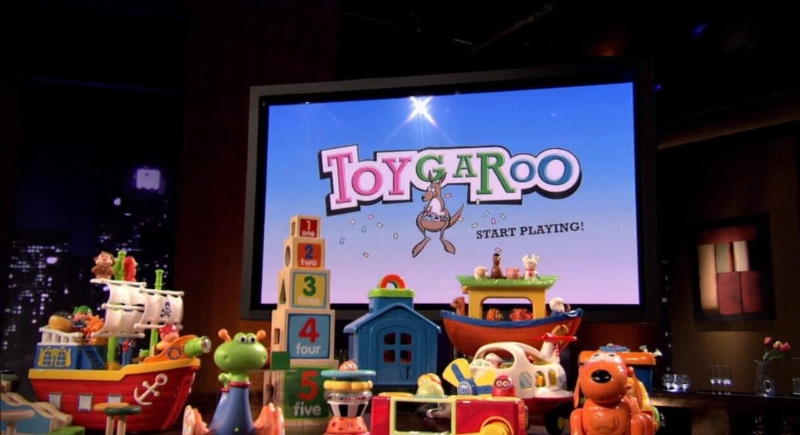
Credit: Instagram
ToyGaroo pitched itself as the “Netflix for toys,” offering a subscription-based rental service that impressed the Sharks enough to secure funding. But behind the scenes, the company struggled to keep up. High inventory costs, inefficient logistics, and overwhelming demand quickly became unmanageable. Within a year, ToyGaroo filed for bankruptcy. The business didn’t fail because of a lack of interest—it collapsed because it grew too fast without the infrastructure to support it.
Body Jac
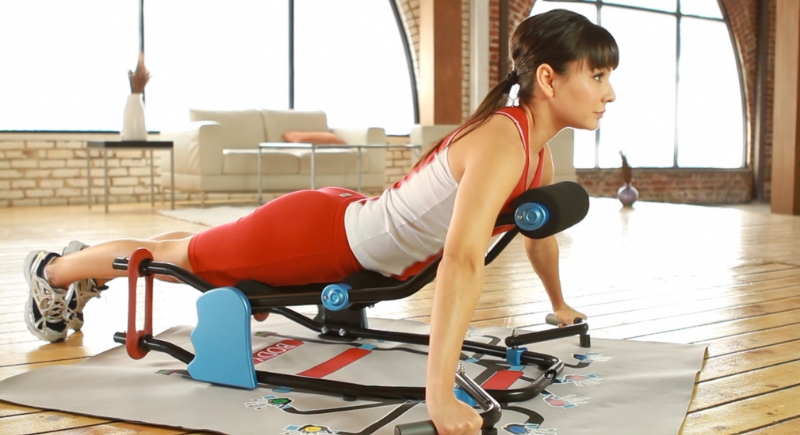
Credit: Facebook
Body Jac was a push-up assistance device designed to help people who were out of shape, and it initially caught the Sharks’ attention. Kevin Harrington and Barbara Corcoran invested in it during Season 1, but Corcoran agreed only after the founder, Jack Barringer, promised to lose weight himself—something he followed through on. Still, the product didn’t sell well, and the business quickly lost momentum. Corcoran later called it her worst investment on the show.
Sweet Ballz
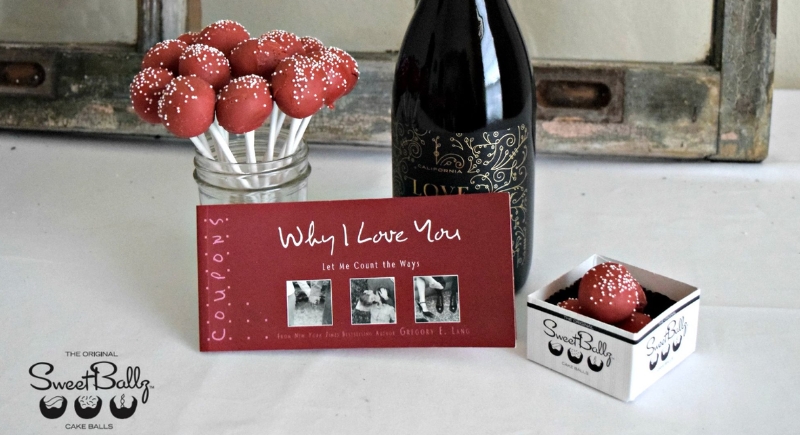
Credit: Facebook
Here’s another deal that couldn’t survive the pressure cooker. The name was catchy, the product tasty, and the Sharks were in—until the founders turned on each other. A messy legal feud between co-owners turned this cake ball company into a total meltdown. Sales crumbled, and so did the relationship.
ShowNo Towels
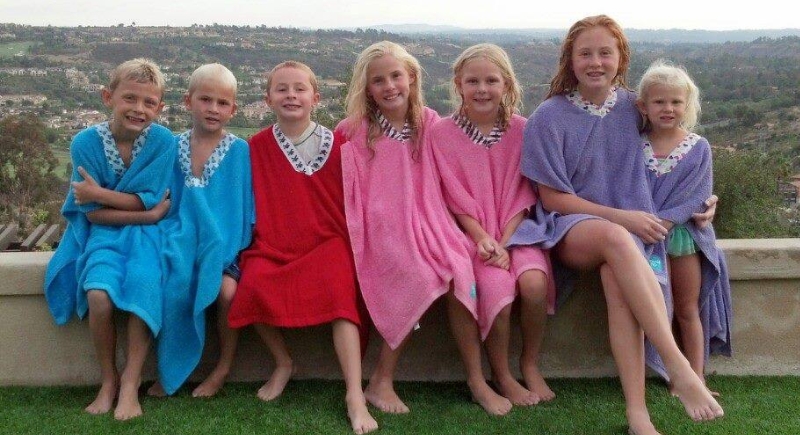
Credit: Facebook
A poncho-style kids’ towel fit right into Lori Greiner’s wheelhouse, and she invested in it on-air. But post-show hiccups soured the deal. Other retail partnerships fell through, and the business folded. Although the product had potential, it couldn’t quite dry off before it sank.
CATEapp
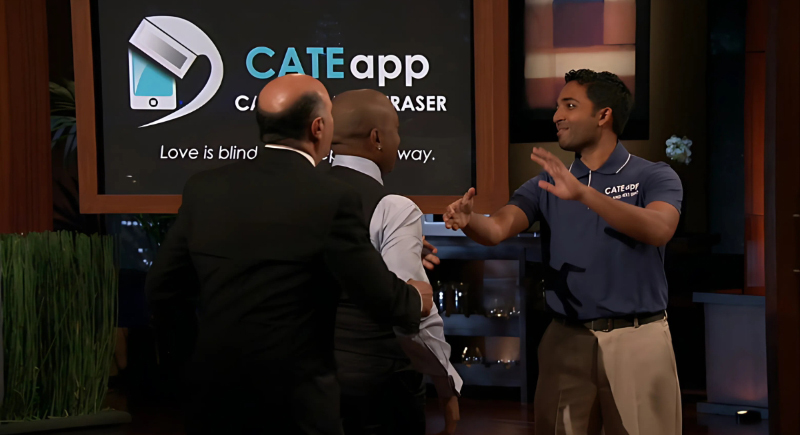
Credit: Youtube
It was billed as a scheduling and communication tool for students, but CATEapp never found its footing. Whatever buzz it generated on-screen evaporated soon after. Little press, limited downloads, and no clear market edge forced the app into the digital abyss of forgotten Shark Tank tech.
Sullivan Generator
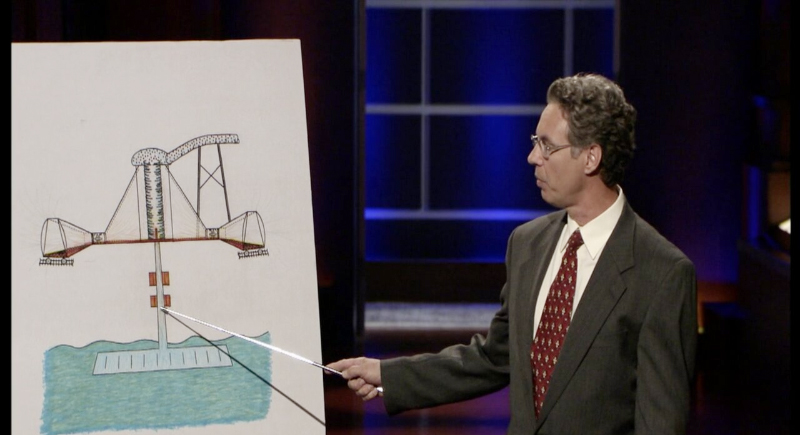
Credit: Youtube
Dennis Sullivan claimed his machine could generate power… and gold. Yes, actual gold! Kevin Harrington and Barbara Corcoran bit. Then reality set in. The tech was questionable, the market nonexistent, and the concept never materialized. So it’s hardly surprising that a deal with no legs and no science had no return.
Cougar Energy
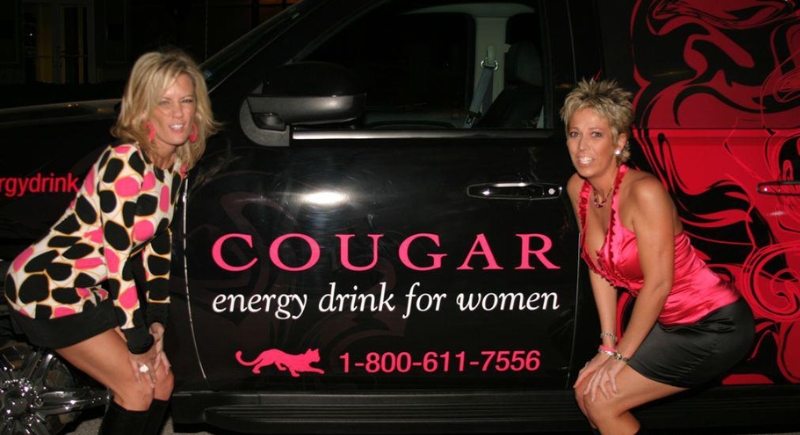
Credit: Facebook
An energy drink targeting older women? Yes, that was the entire pitch. It got funding in Season 2, but the product struggled out of the gate. Weak branding, shaky science, and limited shelf appeal doomed it.
Ring
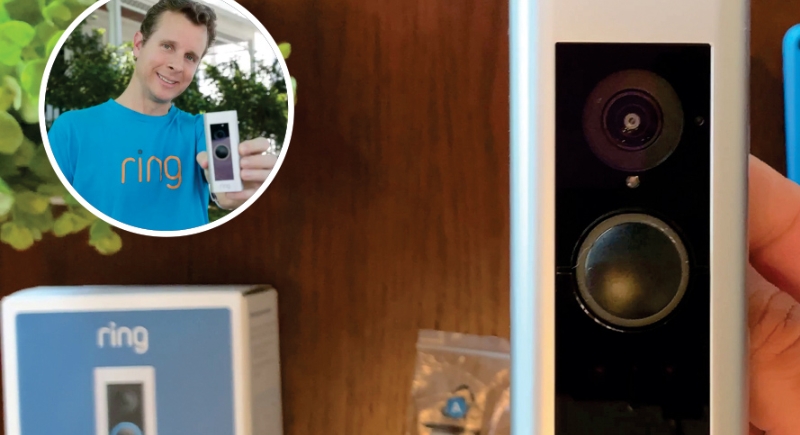
Credit: Facebook
Jamie Siminoff’s smart doorbell didn’t ring any bells for the Sharks, except for Kevin O’Leary’s, who made a convoluted loan offer. Siminoff walked, landed Shaquille O’Neal as a backer, and later sold to Amazon for $1 billion. The Sharks missed a new category in home security.